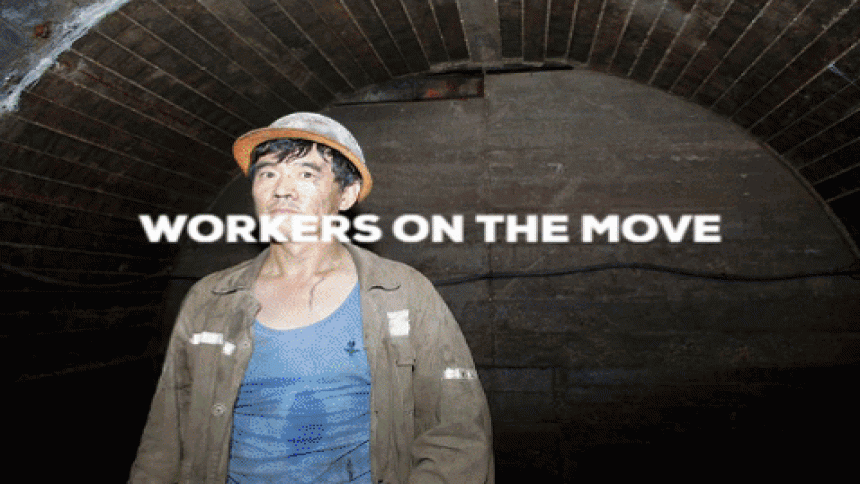Safeguarding migrant workers is in everyone's interest

Social justice is a cornerstone of lasting peace and prosperous coexistence.
On this World Day of Social Justice, we are focusing on the world's 150 million migrant workers, many of whom face exploitation, discrimination and violence and lack even the most basic protections. This is particularly true for women, who make up 44 percent of migrant workers.
Most migration today is linked, directly or indirectly, to the search for decent work opportunities. But many migrant workers end up trapped in jobs with low pay and unsafe and unhealthy working conditions, often in the informal economy, without respect for their labour and other human rights. They often have to pay high recruitment fees to get a job, on average over a year's wages— with high chances of forced and child labour.
Migrant workers like all workers are entitled to fair treatment which is also key to preserving the social fabric of our societies and to sustainable development.
If labour migration is well-governed, fair and effective, it can deliver benefits and opportunities for migrant workers, their families and their host communities. It can balance labour supply and demand, help develop and transfer skills at all skill levels, contribute to social protection systems, foster business innovation, and enrich communities both culturally and socially.

Good governance will foster strong cooperation across migration corridors and regions. It should be guided by international labour standards, in particular the fundamental principles and rights at work and the relevant ILO and UN Conventions. The ILO's Multilateral Framework on Labour Migration and the General Principles and Operational Guidelines for Fair Recruitment offer further guidance.
The ILO is encouraging the adoption of fair labour migration governance frameworks at all levels—global, regional and national. These include a comprehensive, integrated and "whole of government" approach that engages labour ministries together with business, employers' and workers' organisations—those on the frontlines of labour markets.
In 2016 the United Nations General Assembly decided to develop a Global Compact on Safe, Orderly and Regular Migration to improve the governance of migration, address the challenges and to strengthen the contribution of migrants to sustainable development.
We can choose to make labour migration a win-win situation for migrants and host communities. How we, as the international community, develop and help member states implement this compact will be instrumental in determining the future course of labour migration.
Guy Ryder is ILO Director-General.










Comments